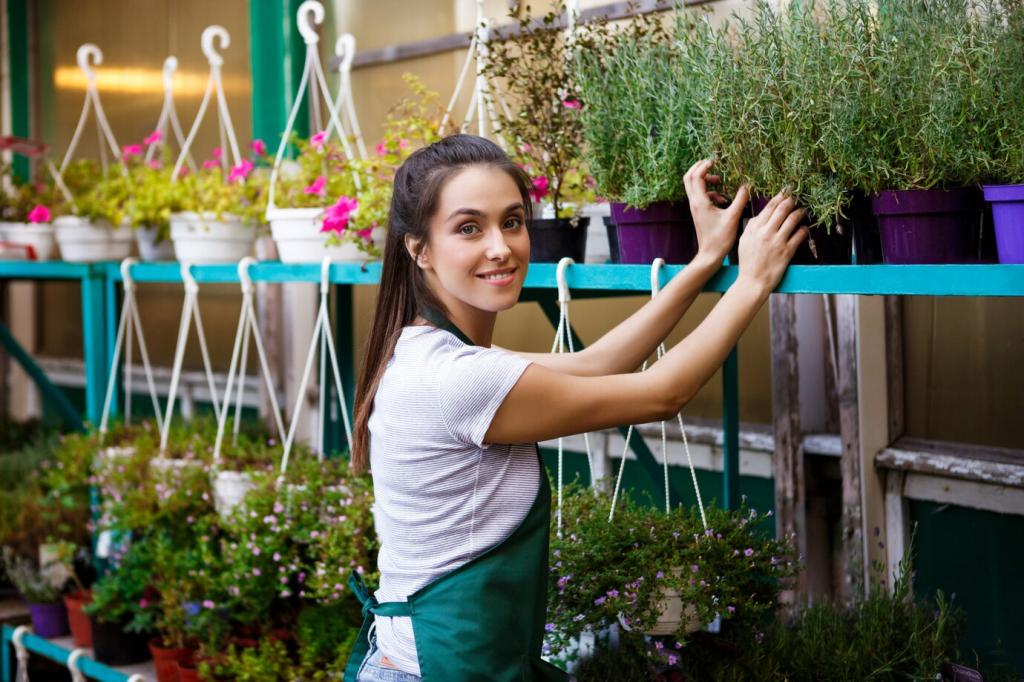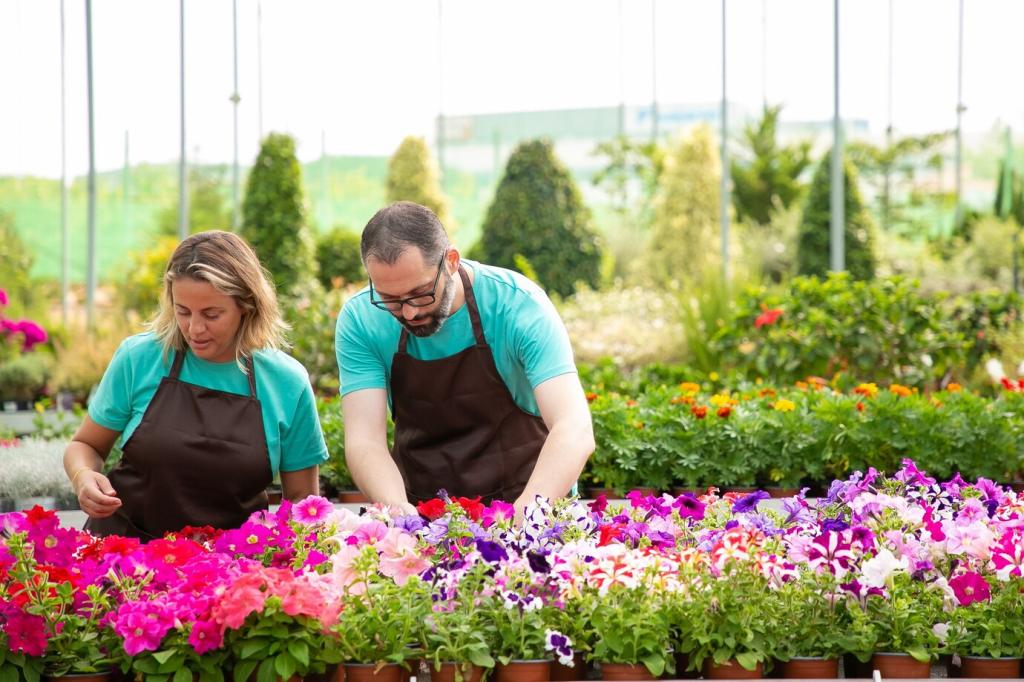
Health and Wellness Benefits of Rooftop Gardening
Embracing rooftop gardening goes beyond enhancing building aesthetics—it’s a transformative practice deeply rooted in promoting overall health and wellness. By turning unused urban spaces into vibrant, productive green areas, individuals can experience numerous physical, mental, and emotional benefits. Rooftop gardens serve as sanctuaries amidst the chaos of city life, offering opportunities for personal growth, environmental stewardship, and community engagement, all of which contribute to improved wellbeing.
Physical Health Enhancement Through Rooftop Gardening

Frequent activities involved in maintaining a rooftop garden offer excellent opportunities for moderate physical exercise. Tasks like digging, planting, weeding, and hauling watering cans engage different muscle groups and help improve cardiovascular health. Unlike formal workouts, gardening offers an organic and purposeful way to remain active, especially for urban dwellers with limited access to traditional exercise spaces. Over time, regular participation in these activities can lead to reduced risk of chronic conditions such as obesity, hypertension, and heart disease.
The Calming Effect of Nature Exposure
Spending time surrounded by greenery has been proven to lower cortisol levels and induce a sense of calm. The sensory experiences of touching soil, hearing city sounds softened by leaves, or watching pollinators flutter by offer gentle distractions from daily worries. These natural encounters help counteract the overstimulation so common in urban settings, giving gardeners a chance to reset and gain perspective. Regular exposure to such soothing environments supports relaxation, mental clarity, and emotional resilience.
Mindfulness and Focus Through Gardening Tasks
The attentive process of caring for a garden fosters mindfulness—a state of active, open attention to the present moment. Simple gardening tasks require concentration and patience, drawing the mind away from stressors and into the rhythm of nurturing life. Over time, gardeners often find that repeated engagement with their rooftop oasis strengthens their ability to focus, enhances creative problem-solving, and improves overall cognitive health, making gardening both therapeutic and intellectually stimulating.
Combating Urban Isolation and Depression
Living in dense urban environments can sometimes lead to feelings of isolation and disconnection, contributing to depression and anxiety. Rooftop gardens serve as communal spaces that encourage social interaction and collaboration, naturally reducing loneliness. Additionally, the sense of accomplishment and purpose that comes with cultivating a thriving garden can offer powerful emotional rewards, bolstering self-esteem and combating the negative effects of urban loneliness.
Building Community and Social Wellbeing
Community-based rooftop gardening projects provide opportunities for collective action and teamwork. Residents come together to plan, plant, and harvest, pooling skills, resources, and experiences to create successful, flourishing spaces. These collaborations break down social barriers, allowing for the exchange of knowledge and cultural practices related to gardening and food. The resulting camaraderie strengthens neighborhood bonds and reinforces the idea that collective wellness can be nurtured through shared green spaces.
Rooftop gardening often becomes a platform for learning, as participants of all ages develop practical skills related to horticulture, nutrition, and environmental stewardship. Workshops, mentorship programs, and informal knowledge-sharing sessions contribute to personal growth and lifelong learning. As people gain expertise in gardening, composting, and cooking, they are empowered to make healthier lifestyle choices and act as wellness ambassadors within their communities.
By transforming rooftops into gardens, previously underutilized spaces become accessible and welcoming environments for all members of the community, including those with limited mobility or access to traditional parks. Thoughtful design features—such as raised beds or accessible paths—ensure everyone can participate in gardening activities. This inclusivity not only promotes physical and mental wellness but also nurtures a sense of belonging and shared investment in the health of the broader community.
